
Interviews
Mariam Abo Ouf on ‘Leh Laa 2’ And the World of Directing
From its earliest screenings in the 1980s to its designation as an Arab film capital, Egypt’s film and television industry have a long history of outstanding accomplishments. Despite the country’s numerous economic challenges since the Egyptian revolution back in 2011, Egyptian cinema and television are reviving slowly but steadily, with female directors taking the lead and calling the shots. Bold female director Mariam Abo Ouf has indeed set the standards high when it comes to creativity and authenticity in all her works. She has distinguished herself among the best filmmakers in the profession since her début with the short film Taxi and her experience as an assistant director to various directors, including Kamla Abu Zekry and Sherif Arafa. She shared her inspirations behind ‘Leh Laa 2’, her ceaseless passion to work, and the far more projects she aspires to work on in the upcoming future in this talk.
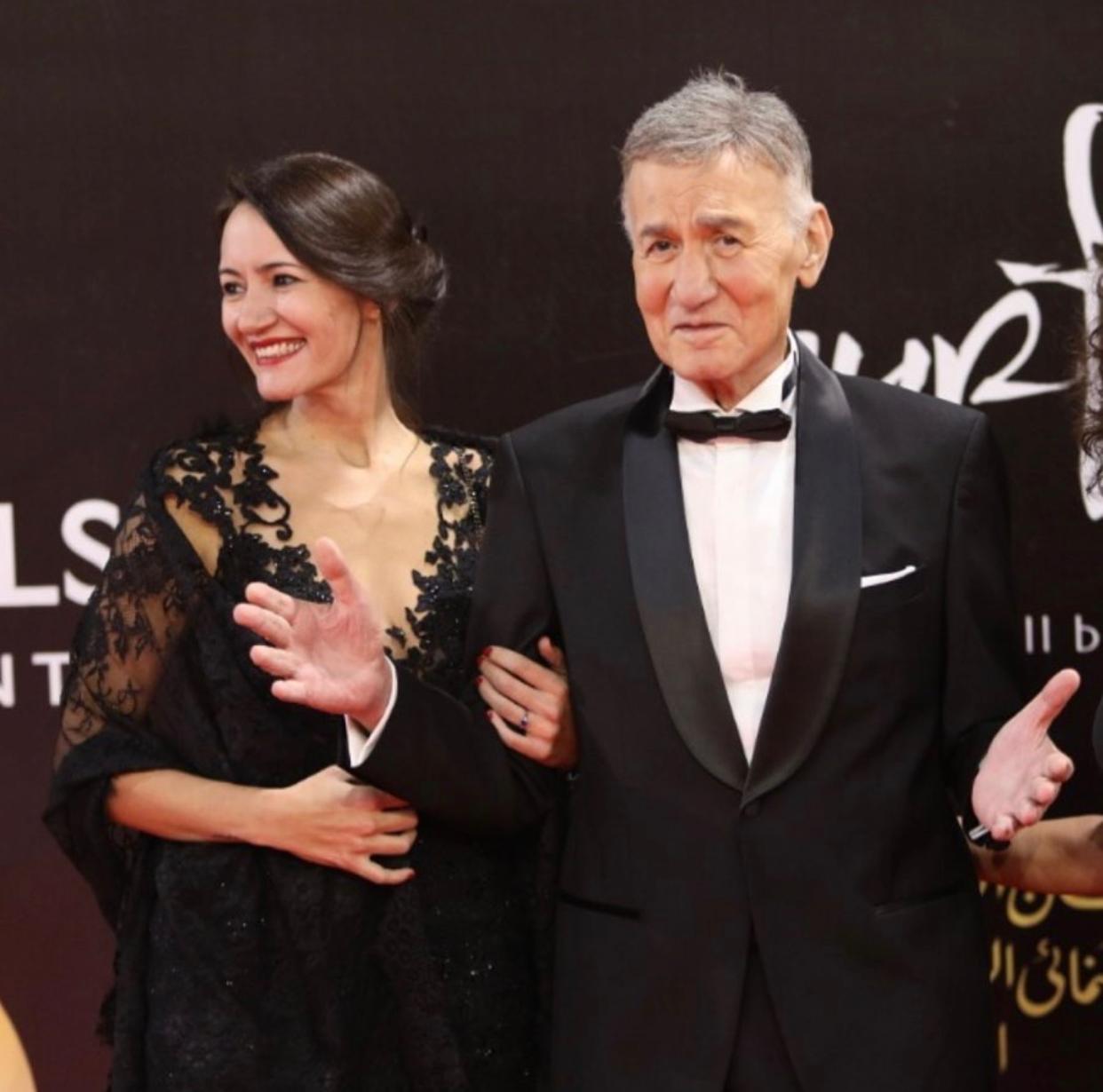
It’s a pleasure indeed! Aside from what’s written regarding your biography, can you walk us through your journey to becoming this brilliant director of today?
Thank you, it’s a long story indeed! I studied Political Science and Philosophy at the AUC, it was never on my mind to be involved in the industry as you can tell; I love cinema and am fond of movies; however, it was never planned to be taken on as a career. Originally, I aspired to be a doctor, but life had a different plan back then. The spark was lit during my college years, I took part at the theater whether in production, acting, backstage, or plays, and it grew on me eventually. I felt this sensational euphoria on a deeper level and wanted to be more involved. Since then, I watched a lot of movies of different genres, talking foreign, European, and independent movies besides the obvious commercial Hollywood ones. Post-graduation, I earned my master’s in filmmaking from AUC post-graduating from the School of Filmmaking in London after studying for three years, where I learned everything from cinematography to production.
What was the 1st project you worked on?
After participating at Cairo International Film Festival to get more acquainted with the industry, I worked with Nader Galal in “Ga7em T7t El Ard” which was an ultimate link to major creators and directors. Yet, my enthusiasm for filmmaking was reinforced by a chance encounter with noted filmmaker Kamla Abou Zekry. She was the main reason why I choose to study filmmaking in London instead of Islamic Studies at SOAS. Debuted my first independent short film “Taxi”.
I landed a contract as Sherif Arafa’s assistant director on his smash piece of art “Al Gezira,” which featured Mahmoud Yassin, Ahmed El Sakka, Hend Sabry, Zeina, and Asser Yassin. Besides, I have worked with Arafa on various commercials and the TV show ‘Lahazat Harega’ beforehand. In 2009, I received my breakthrough shooting for Laila Eloui’s TV show Hala Wa Al Mestakhaby, which led to my first feature film, Bebo W Bashir, a movie starring Asser Yassin and Menna Shalaby, which was a smash hit in 2011. And here we are today.
How was your experience when ‘Taxi’ got out to the public as your first-ever feature film?
When I read about this woman truck driver called ‘Sameha’, I was persistent to find this hardworking lady to portray her character on screen. She was this inclusive protagonist who is keen to take care of her family and support them whilst cherishing her identity as a woman. I was so proud of this documentary.
What about the award-winning film “18 days”?
This is by far, the most cherishing sincere project I have worked on. I was approached by the amazing director, Yousry Nasralla, asking me to participate in a film production in which ten directors were selected to direct ten short films about the Egyptian Revolution. It finally got stellar reviews after its world premiere at the renowned Cannes Film Festival, though, I wrote this film on the same day. I was pretty much inspired as well as thrilled for the shoot. We did film it in a day and a half. There was steam pushing us forward to carry on with this project, it felt surreal.
Do you feel that you faced greater obstacles than your male colleagues in becoming a director?
The field of directing and filmmaking is a no joke on its own, for both men and women alike. Anything related to the film industry is a day-to-day job; thus, it is mostly hard to find the stability and assurance that most people look for in their jobs. Especially in Egypt or the Arab region in general, women are supposed to portray the ideal concept of stability in every aspect of their lives. Our society always assumes that a working woman must get married and stay at home, abandoning all her accomplishments. Certainly, this does happen, but our youth are beginning to modify this attitude, and the average age of marriage has risen in recent years compared to previous generations. However, on a worldwide basis, women are still getting fewer opportunities than men, when it comes to any job.
You have projected several challenges and difficulties that women usually face, in your latest projects of ‘Leh La’ in both parts 1&2, what urged you to portray these issues in your projects? And what are some similarities between them?
If you look close enough, you will see, it’s the question embedded in the title “why not?” as in why the society says no to something, and “why not?” as in why not try a new thing or do something that you desire. Tackling various issues in society under this name is crucial since we have a lot of problems still lingering under the surface. It wasn’t until Dina Negm, and Mariam Naoum had walked me through the brilliant idea of the series that I instantly was hooked and found myself determined to bring this idea to the screen. We all believed that such a series would change some women’s lives or urge them to turn theirs, to say the least.
The series has raised a great deal of debate across the web and among society, what was the most important message you were trying to convey?
I feel this is a great aspect of art, to create a debate in which you stand for something. If it didn’t create a conflict, it wouldn’t have been a proper story. We were expecting it to bring some sort of doubt and some acceptance since we have some rigid customs in our countries that emerged hundreds of years ago. Our original ethics were always based on mutual acceptance, respect for women, and freedom of speech. Therefore, we are trying to get back to our genuine roots away from the suppressive voices.
In ‘Leh Laa 2’, you tackled a touchy conservative topic regarding adoption, especially for a single woman – do you think it is still taboo in our society for a woman to be a single mom?
The ‘Leh Laa 2’ series covers subjects like resistance and wonders why we even must follow what the community dictates us rather than rebelling against what it enforces. Menna Shalaby’s character, Nada, challenges current societal norms and guidelines. This character had an ambition of being a mother that she didn’t believe should be hampered by her maturity, relationship, or society. She exposes the route of people who seek to achieve their aims in unconventional ways. It is no longer taboo if it causes no harm and within the cultural reasonable logistics.
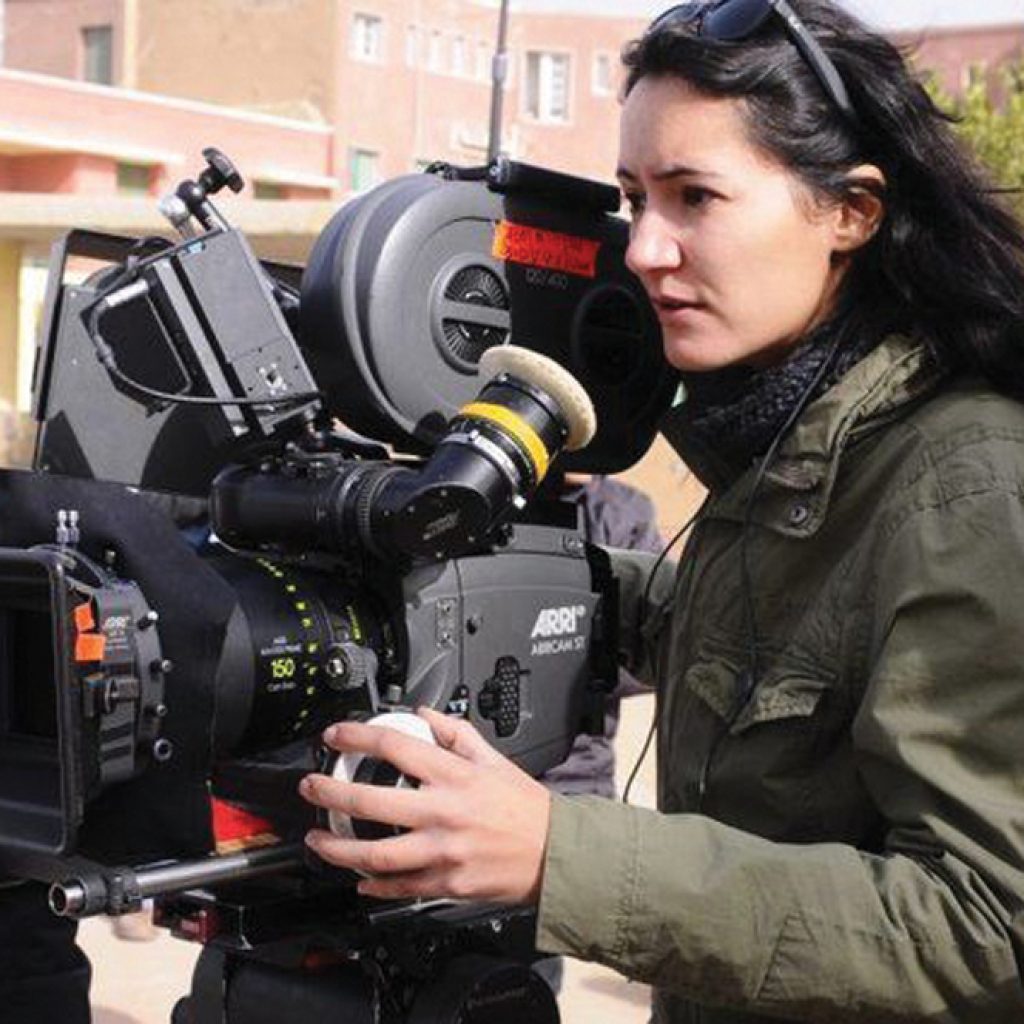
Without a doubt, child adoption requests increased in Egypt after ‘Leh Laa 2’ was aired, can you share the story from your point of view regarding the ministry of social solidarity?
I cannot put my happiness into words. Following the premiere of the TV series “Leh Laa 2,” which explored the subject and touched many women’s lives, the Ministry of Social Solidarity reported an upsurge in child adoption petitions across the region.
The ministry reported that 2,700 juvenile guardianship applications are presently being reviewed and that the ministry had received a significant number of requests in its existence in the previous year. I am thrilled that this has raised awareness, yet people need to take responsibility when adopting a child. We try to give people more awareness to pay attention to homeless and parentless children to be able to build a healthy society.
Could there be an upcoming part for a trilogy? Would you ever consider having a male protagonist?
I wanted to have a male protagonist and try to portray some of the issues men come across in their lives; however, due to technical and production reasons, we are to continue rolling with the female protagonists. I believe we have a ton of issues that hadn’t been appropriately discussed before. Women deserve this opportunity and female actors deserve to take the lead in a drama series.
Who would you like to collaborate with?
Well, a lot of people. Mona Zaki, Nelly Karim, Hend Sabri (again), Hanan Metawea, to name a few.
As a female director, are you inclined to use more women in your cast or crew?
I love to work with women, to empower each other is something that I live for.
Finally, what will the landscape look like for female directors a decade from now?
It is starting to get much better than before, noticeably! Even worldwide, women are starting to get the proper recognition for directing, acting, and cinematography. I feel that women posse’s certain sensitivity that sometimes men lack, the female director must give up much more than her fellow male directors when it comes to her personal life. Thus, the women who become or wish to become directors, dedicate their entire beings to investing in their work and art rather than anything else.
Fire Questions:
Closest project to your heart: 18 Days
Male actors, you’d like to collab with Karim Abdel Aziz and Yehia El Fakharany
Favorite music genre: 90’s Jams
Favorite movie genre: Drama
Favorite memory of a movie: Ebn Hamido (laughs)
Someone who inspires you: Lena Dunham
Someone who pushes you forward: my friends especially Salma Othman.

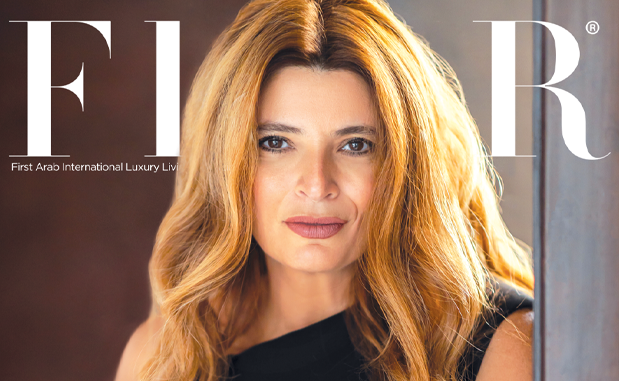

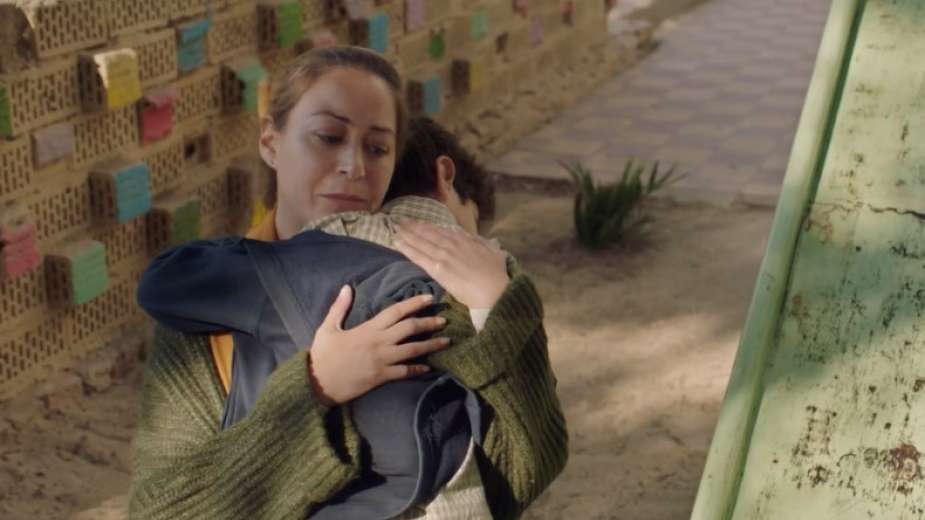



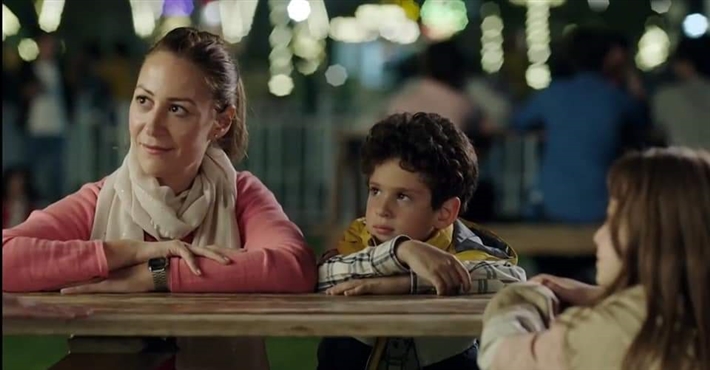


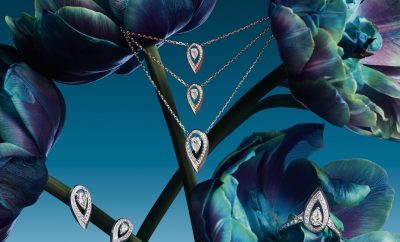
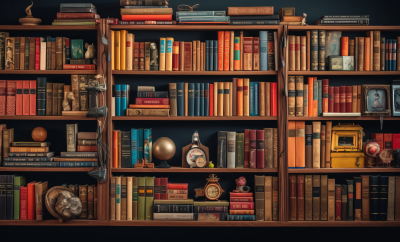
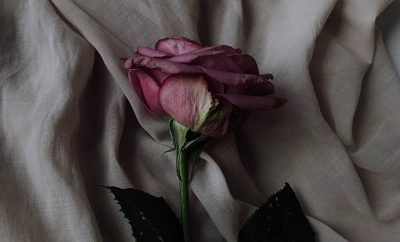



0 comments